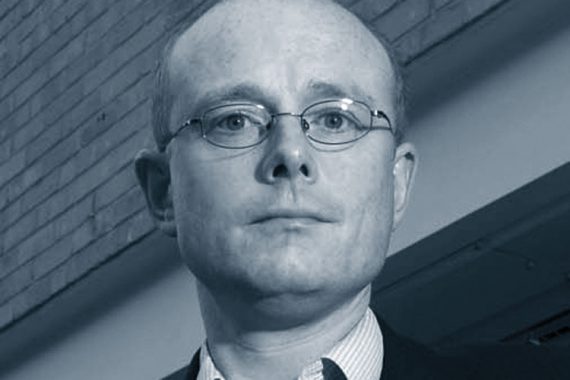No there’s no sarcasm or irony in this blog, it’s straight.
Assisted dying is back in the news again. Recently, Noel Conway, a 67 year old man suffering from motor neurone disease (MND) lost his high court bid to change the law so that he can be helped to die at home when his MND makes his life intolerable.
I feel everybody has the right to self-determination
My grandmother died from MND 23 years ago. A previously strong and active woman, the disease slowly wasted her muscles until she was left as helpless as a rag doll, dependent on others for every aspect of her daily living. Her cognitive function and speech remained unaffected and she would constantly beg my grandfather to help her end her suffering.
I have no doubt that if she’d had even the slightest movement left in her hands, she would have found a way to take an overdose and end what for her had become an appalling existence.
I have listened intently to both sides of the argument on assisted dying. Any debate around euthanasia is always going to be highly emotionally charged.
Personally I feel everybody has the right to self-determination and not just those with the funds to travel to Switzerland.
But how could assisted dying be facilitated in the UK?
Well it would always have to be on a case by case basis, there could never be a ‘one size fits all’ formula. There would need to be a panel convened to review every application: a GP, relevant hospital specialists and representation from the legal profession.
The patient, their loved ones and other professionals involved in their care would need to be interviewed individually and in depth by these professionals.
There would need to be absolute openness and clarity regarding the patient’s monetary affairs so it would be clear who would benefit financially from their demise.
The professionals on this panel would all need to be volunteers and not be paid for their services, which would ensure there was no risk of a professional supporting assisted dying for their own gain.
Following this in depth and independent review, there would have to be unanimity among all members of the panel before an assisted death could be authorised.
With the right safeguards in place assisted dying could be made a legal option for those suffering from the most degrading and dehumanising of medical conditions.
As some in the debate recently commented, maybe then we could afford the same dignity to our fellow man as we do to our terminally ill pets.
Dr David Turner is a GP in west London
















